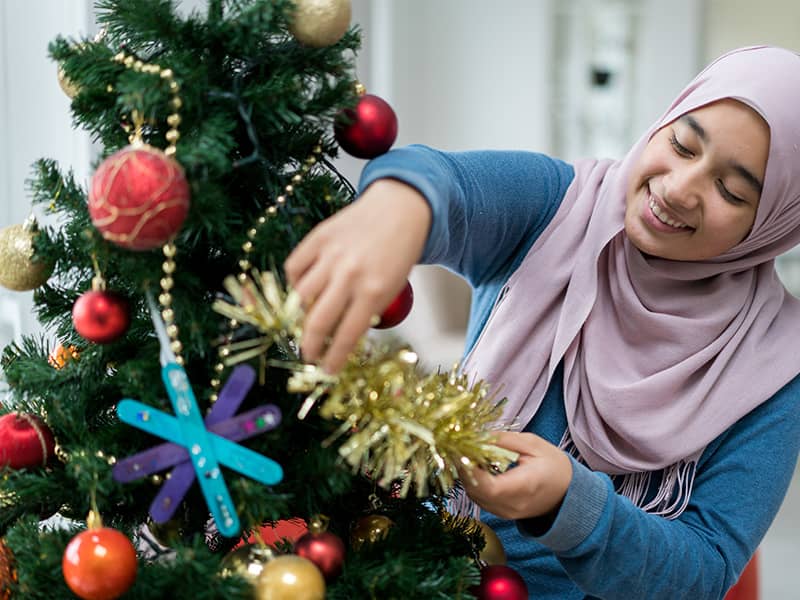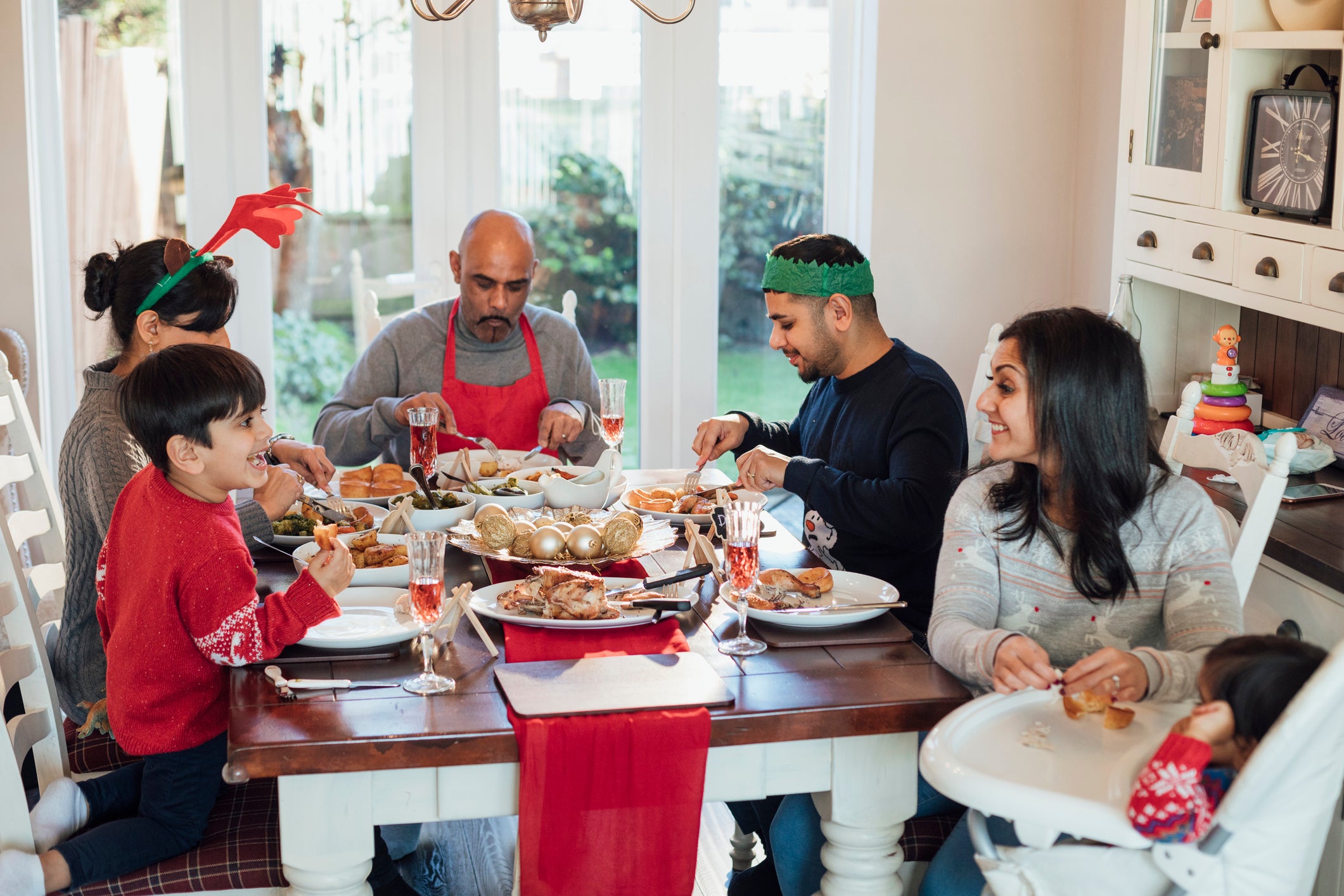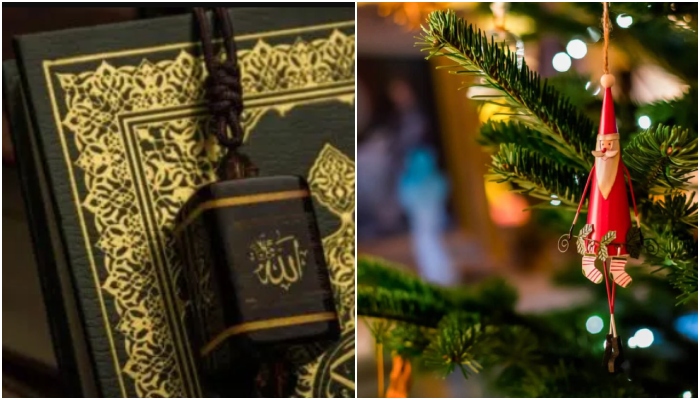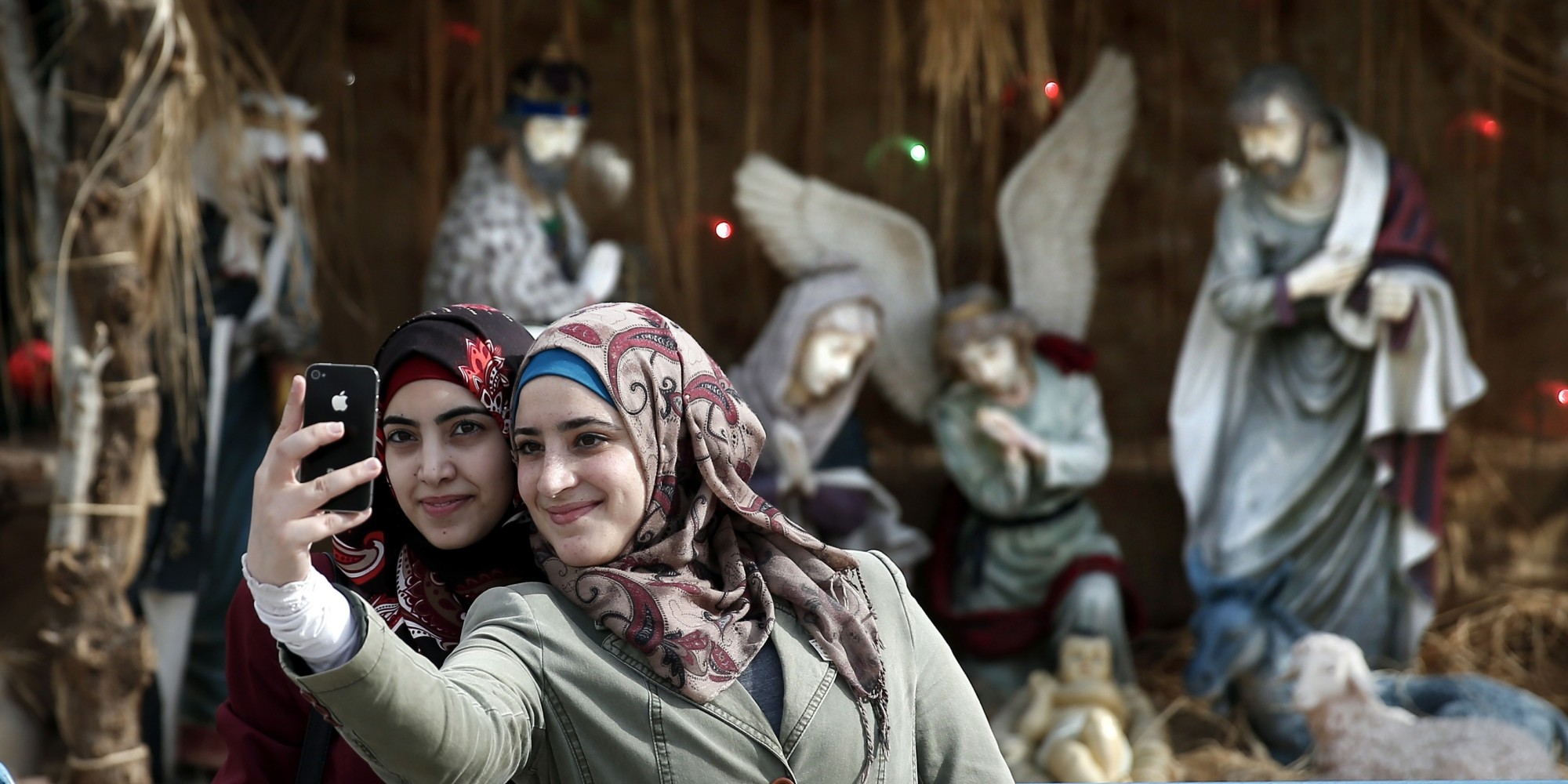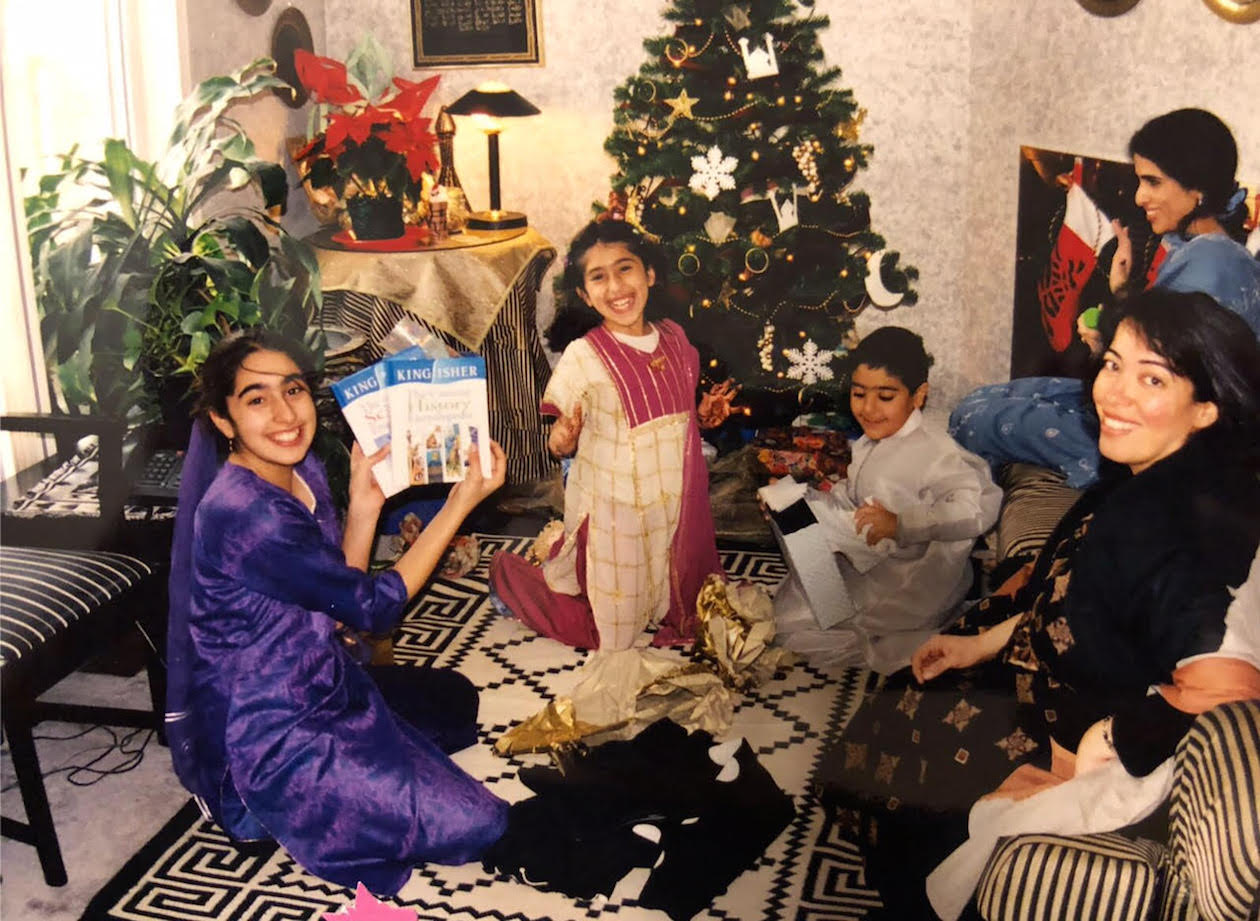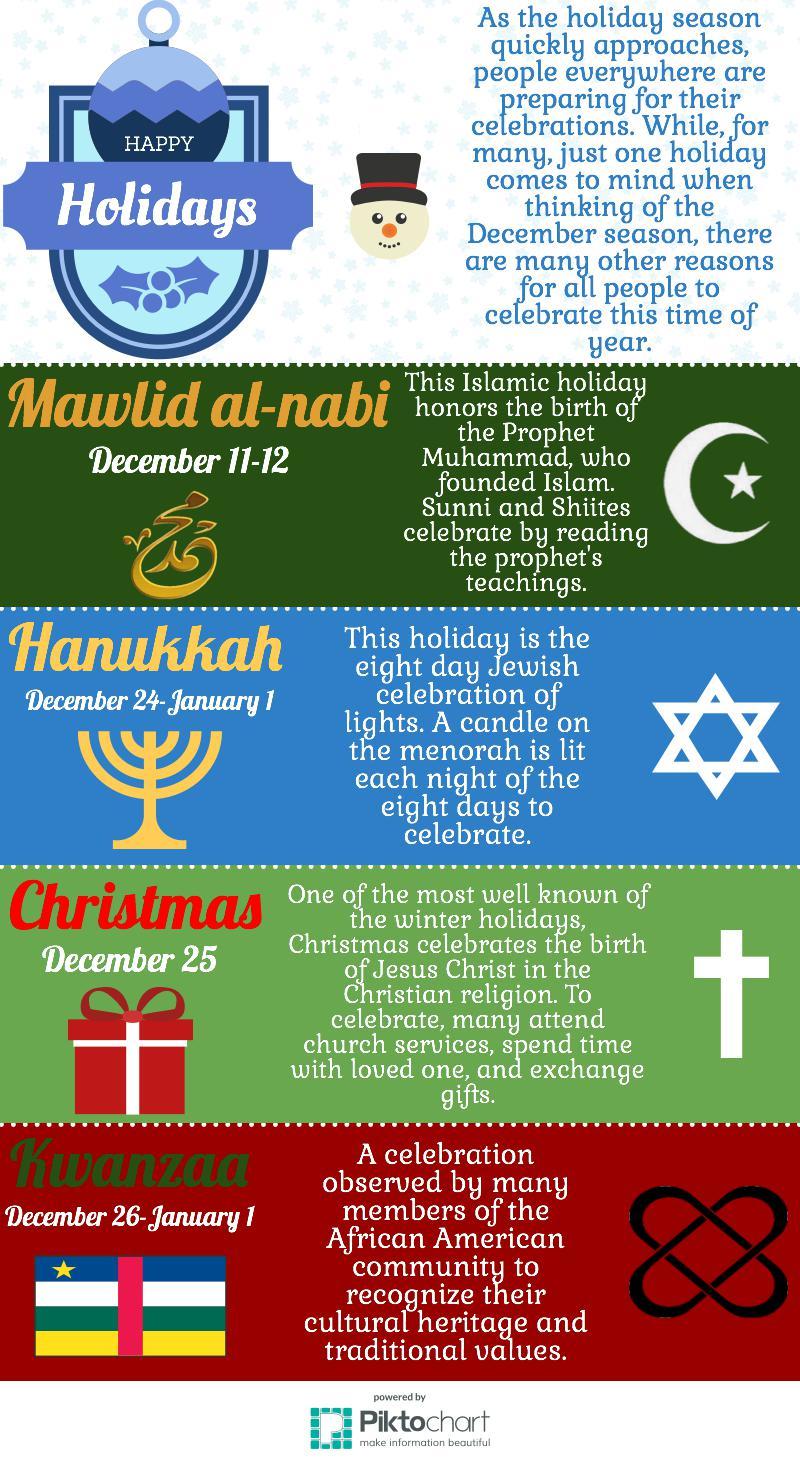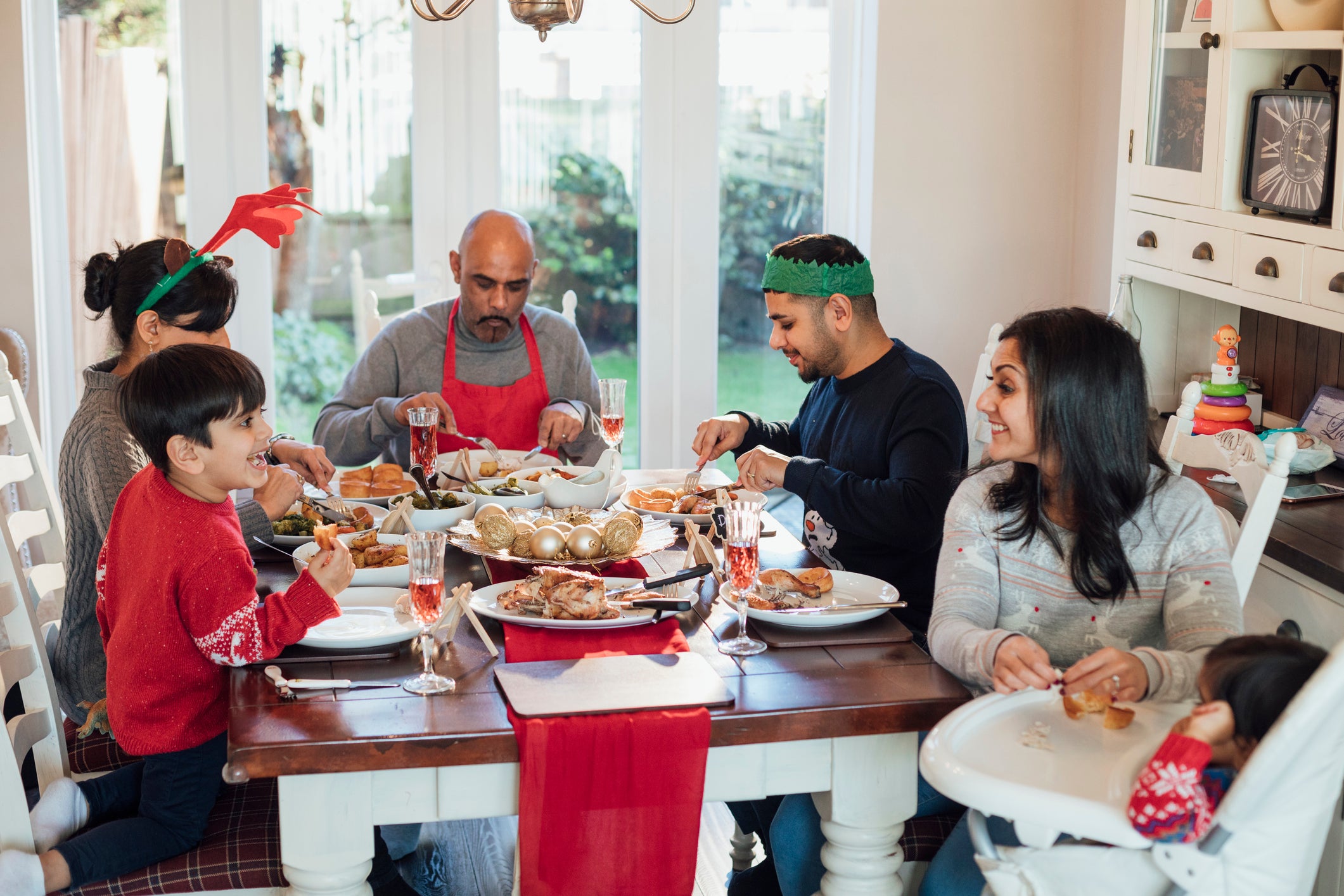
The holiday season is upon us, and for many, it's a time of joy, giving, and celebration. While Christmas is a widely observed holiday in many parts of the world, it's essential to remember that not everyone celebrates this holiday. For Muslims, the holiday season can be a challenging time, especially when it comes to navigating cultural and social expectations. In this article, we'll explore how Muslims can celebrate their holidays during the Christmas season while maintaining their unique cultural and religious traditions.
The Importance of Celebrating Muslim Holidays
For Muslims, holidays are an integral part of their faith and cultural identity. Two significant holidays in the Islamic calendar are Eid al-Fitr and Eid al-Adha. Eid al-Fitr, also known as the "Festival of Breaking the Fast," marks the end of Ramadan, the Islamic holy month of fasting. Eid al-Adha, or the "Festival of Sacrifice," commemorates the willingness of the Prophet Ibrahim (Abraham) to sacrifice his son Ismail (Ishmael) as an act of obedience to God.
These holidays are not only significant for Muslims but also provide an opportunity for families and friends to come together, share meals, and exchange gifts. However, during the Christmas season, Muslims may find it challenging to balance their own holiday celebrations with the dominant cultural narrative.
Understanding the Significance of Eid al-Fitr and Eid al-Adha
To appreciate the importance of Muslim holidays, it's essential to understand the significance of Eid al-Fitr and Eid al-Adha. These holidays are not just cultural celebrations but also deeply rooted in Islamic tradition and values.
Eid al-Fitr, which falls on the first day of the month of Shawwal, is a time of rejoicing and gratitude. After a month of fasting, Muslims come together to break their fast, share meals, and exchange gifts. This holiday is a celebration of spiritual growth, self-reflection, and community building.
Eid al-Adha, which falls on the 10th day of the month of Dhu al-Hijjah, is a time of sacrifice and remembrance. Muslims around the world commemorate the willingness of the Prophet Ibrahim to sacrifice his son, emphasizing the importance of obedience, trust, and devotion to God.

Ways to Celebrate Muslim Holidays During the Christmas Season
While Christmas may dominate the cultural narrative during the holiday season, there are many ways Muslims can celebrate their holidays while maintaining their unique cultural and religious traditions. Here are some ideas:
- Host a holiday dinner or party: Invite friends and family to share a meal and exchange gifts.
- Attend mosque events: Many mosques host special events and prayers during Eid al-Fitr and Eid al-Adha.
- Engage in charity work: Give back to the community by volunteering at local charities or donating to worthy causes.
- Share your traditions: Educate others about the significance of Muslim holidays and share your cultural traditions.
- Create a festive atmosphere: Decorate your home, wear traditional clothing, and play Islamic music to create a festive atmosphere.
Overcoming Challenges and Stereotypes
Celebrating Muslim holidays during the Christmas season can come with its challenges. Some Muslims may face stereotypes or misconceptions about their faith and cultural traditions. Others may feel pressure to assimilate into the dominant cultural narrative.
To overcome these challenges, it's essential to stay true to your faith and cultural identity. Here are some tips:
- Educate others: Share your knowledge and understanding of Islam and Muslim holidays.
- Be proud of your heritage: Embrace your cultural traditions and share them with others.
- Find supportive communities: Connect with other Muslims and join communities that celebrate and support Muslim holidays.

Conclusion
Celebrating Muslim holidays during the Christmas season requires a deep understanding of Islamic tradition and values. By embracing their unique cultural and religious traditions, Muslims can maintain their identity and share their heritage with others.
As we navigate the complexities of the holiday season, it's essential to remember that every individual has the right to celebrate their holidays and traditions. By promoting cultural understanding and acceptance, we can create a more inclusive and compassionate society.
Call to Action
As you celebrate the holiday season, take a moment to learn about Muslim holidays and traditions. Share your knowledge with others, and engage in respectful and open-minded dialogue. Together, we can create a more inclusive and accepting community that values diversity and promotes cultural understanding.
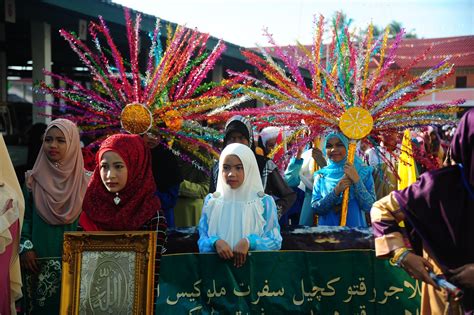
Gallery of Muslim Holidays
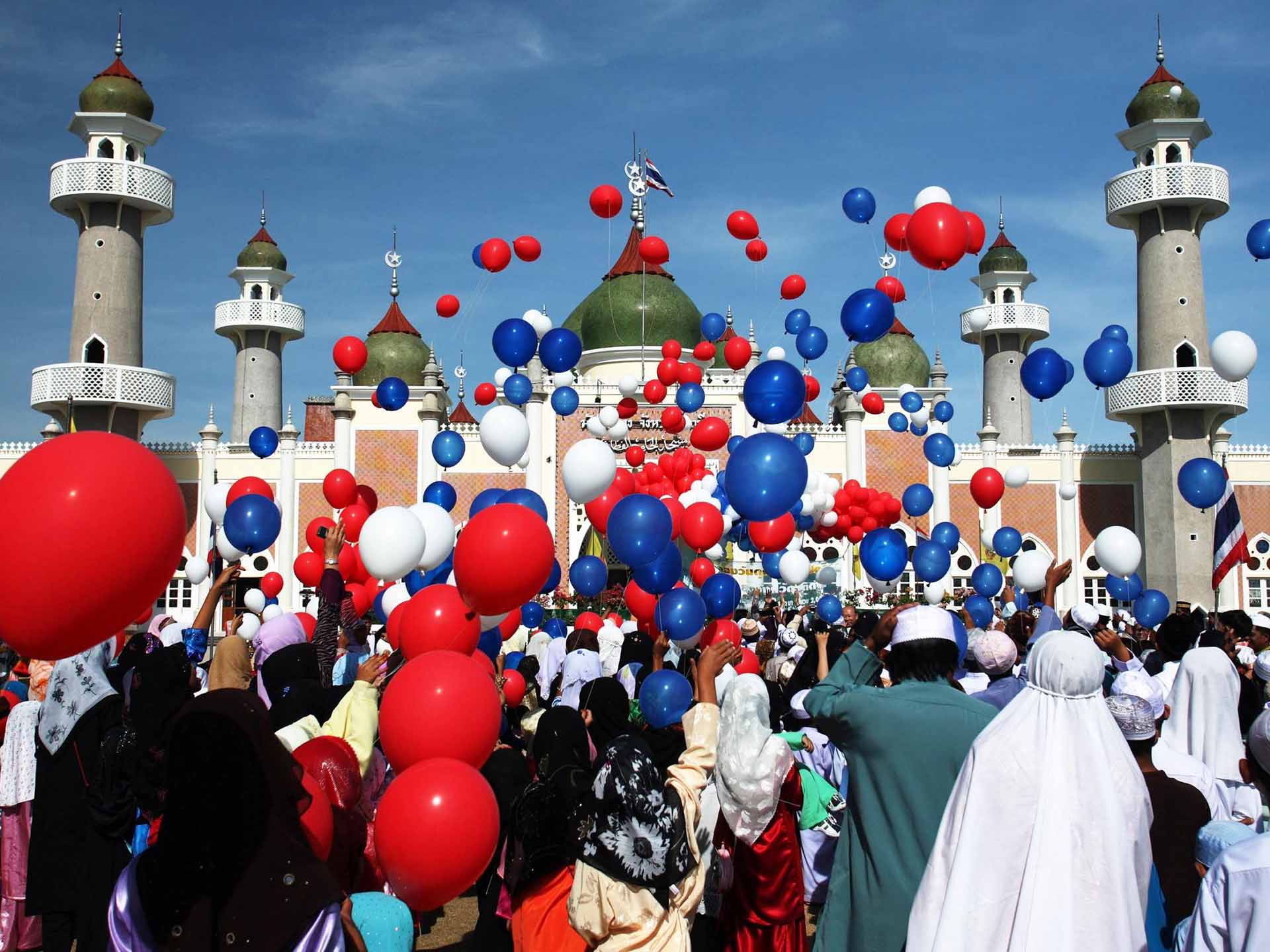
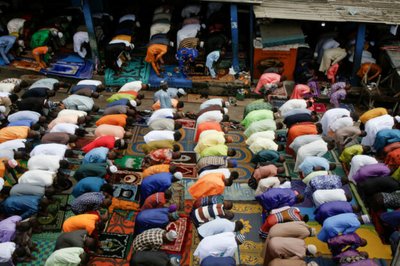


What is Eid al-Fitr?
+Eid al-Fitr is a significant holiday in the Islamic calendar that marks the end of Ramadan, the Islamic holy month of fasting.
How do Muslims celebrate Eid al-Adha?
+Muslims celebrate Eid al-Adha by attending special prayers, sacrificing animals, and sharing meals with family and friends.
Why is it important to learn about Muslim holidays?
+Learning about Muslim holidays promotes cultural understanding, acceptance, and inclusivity, allowing us to create a more compassionate and diverse society.
